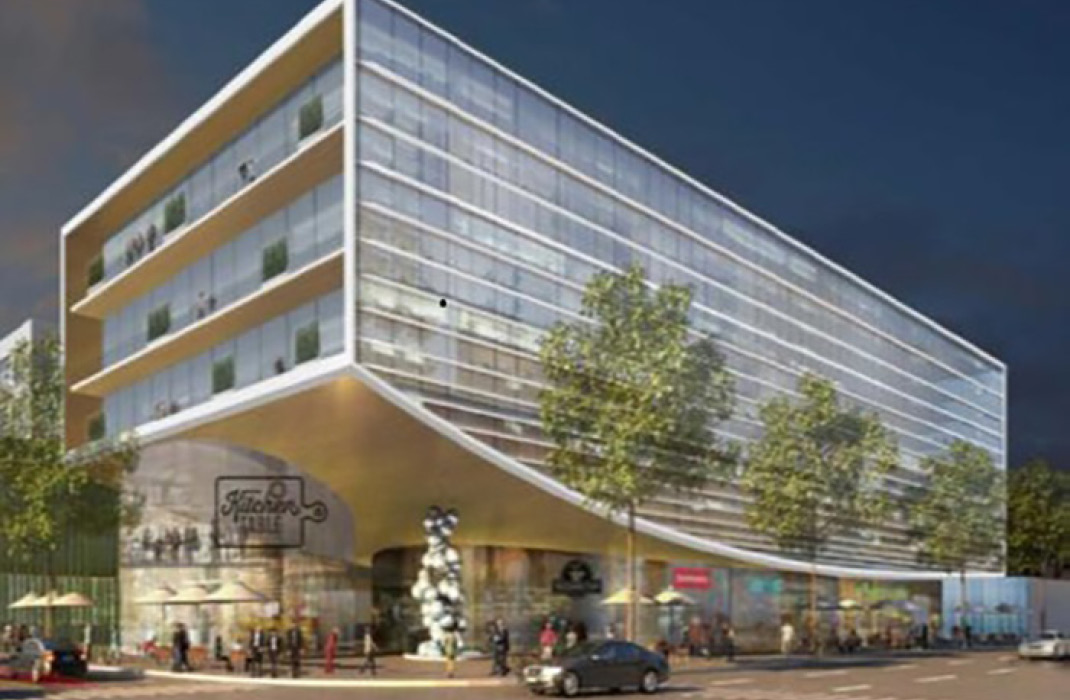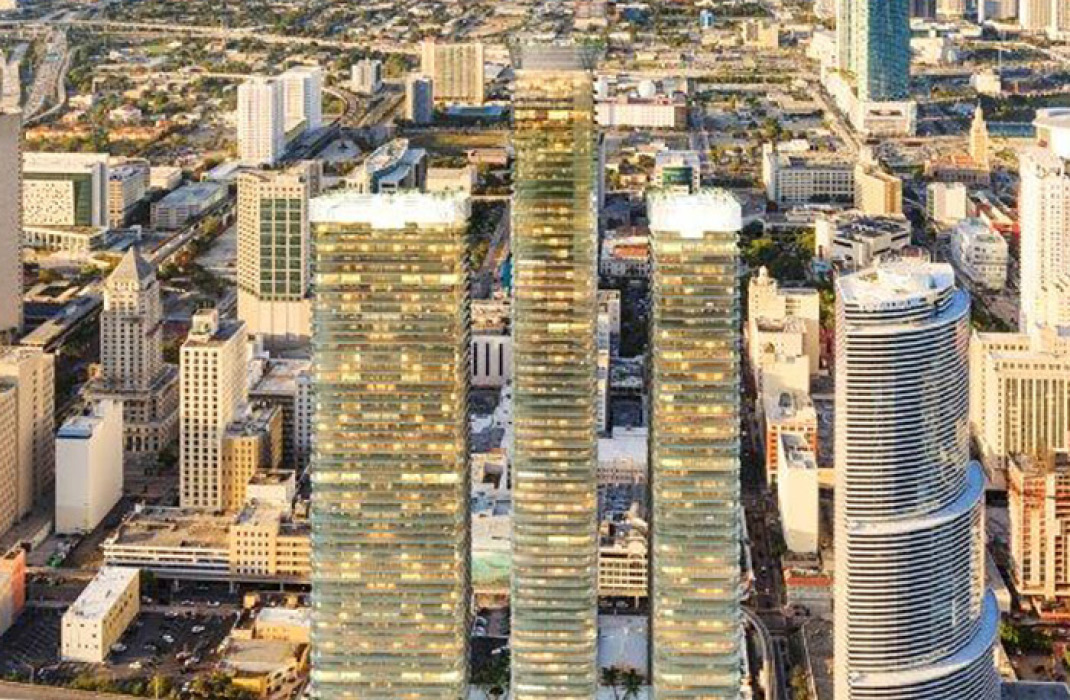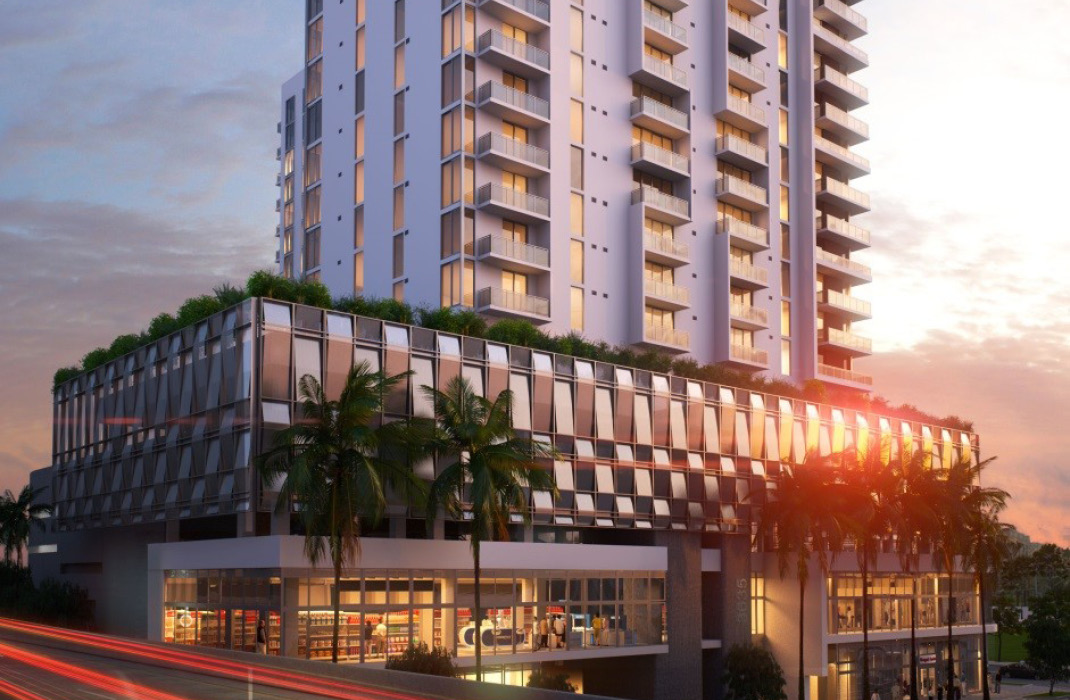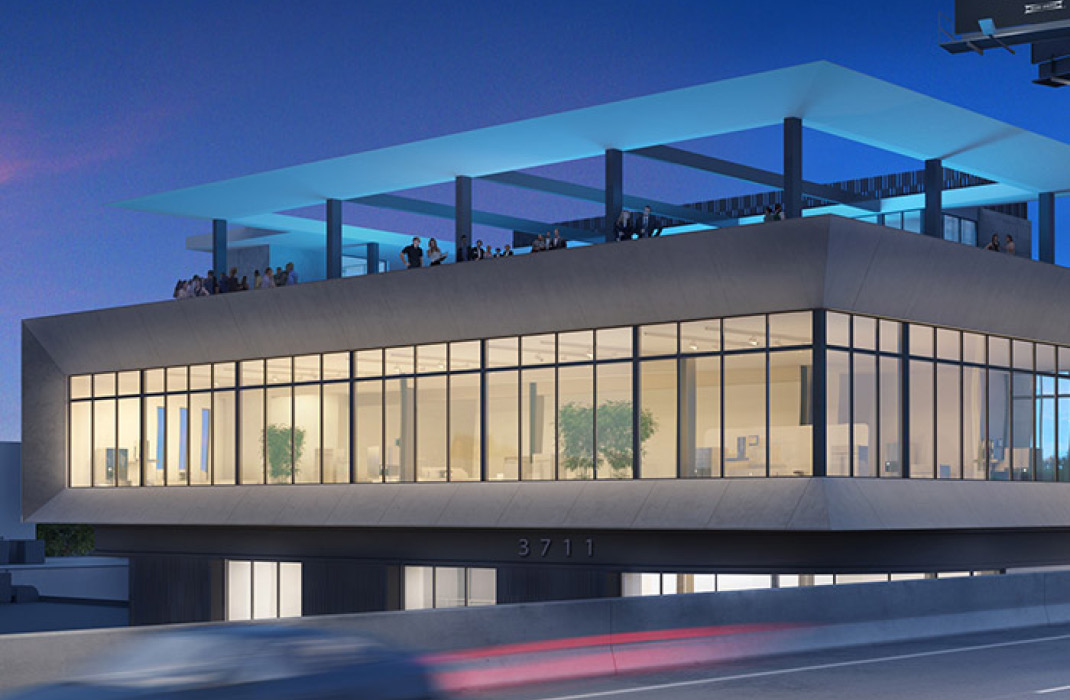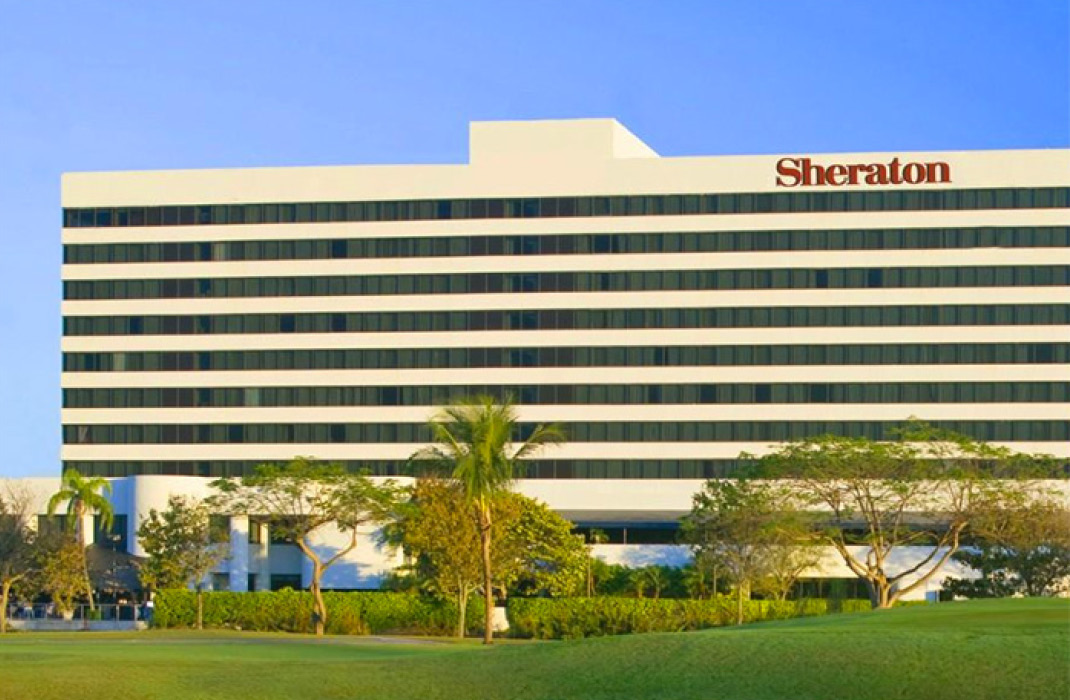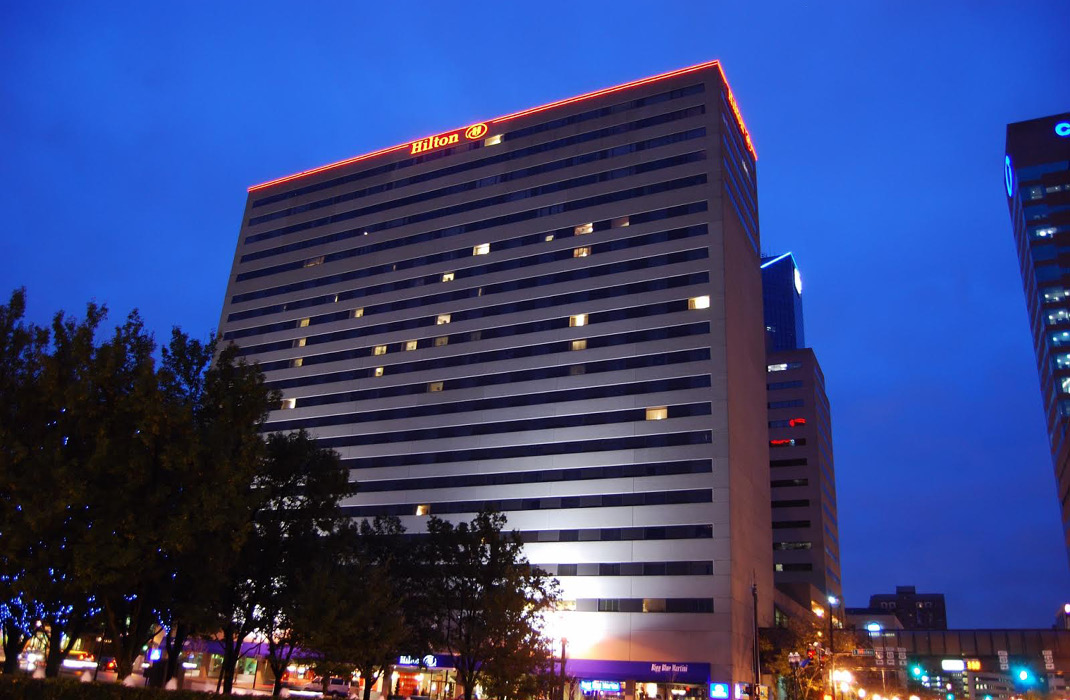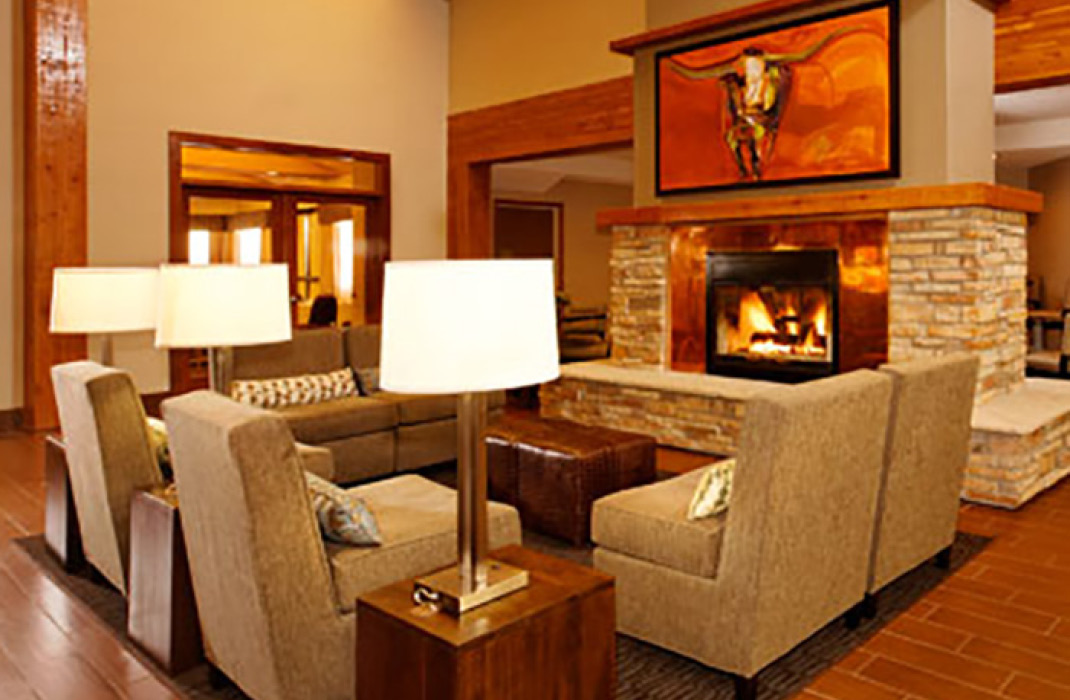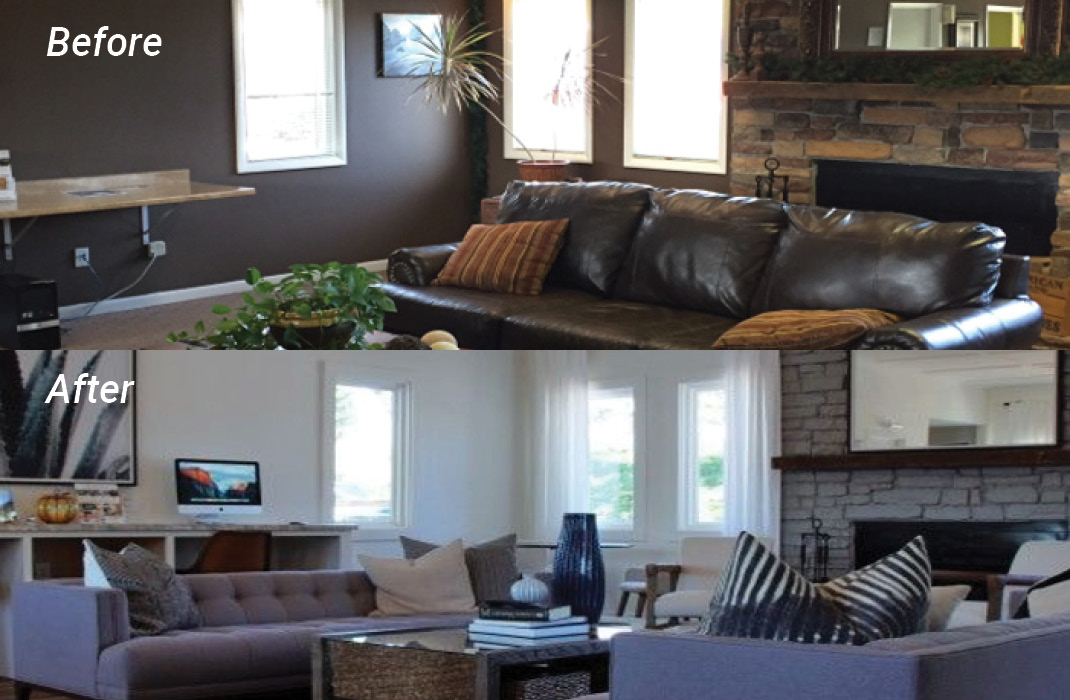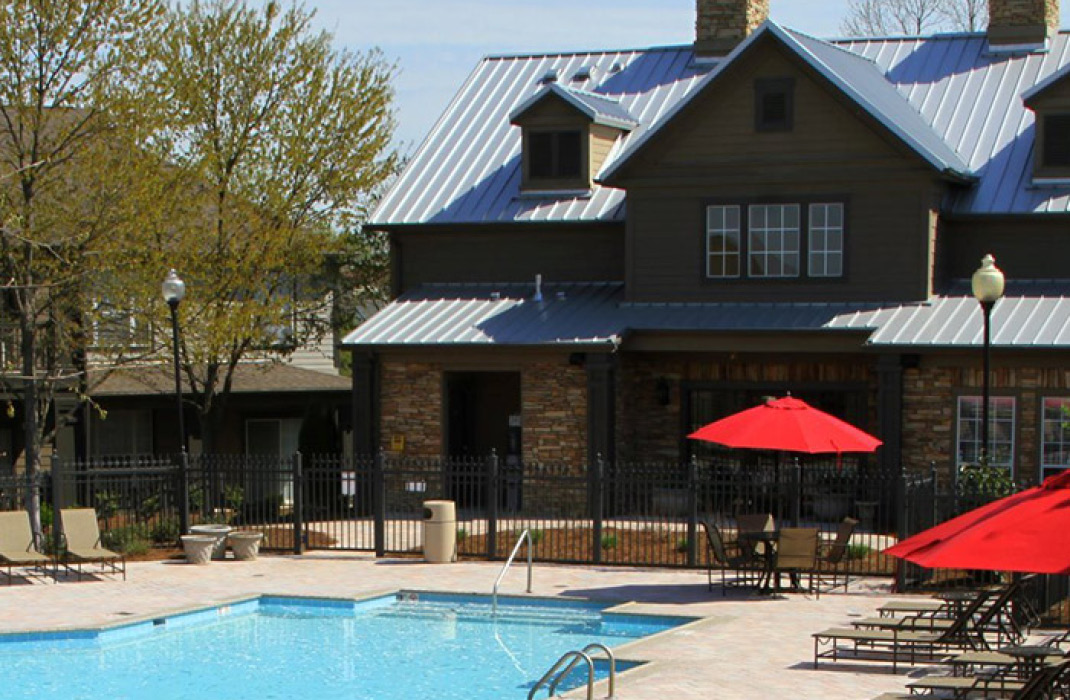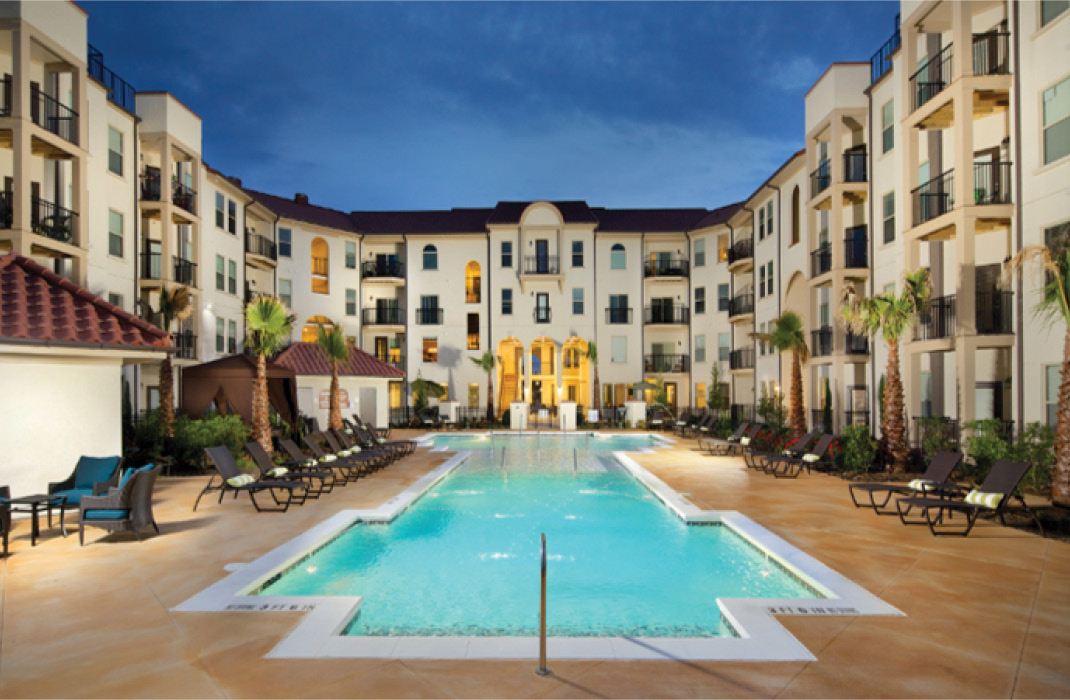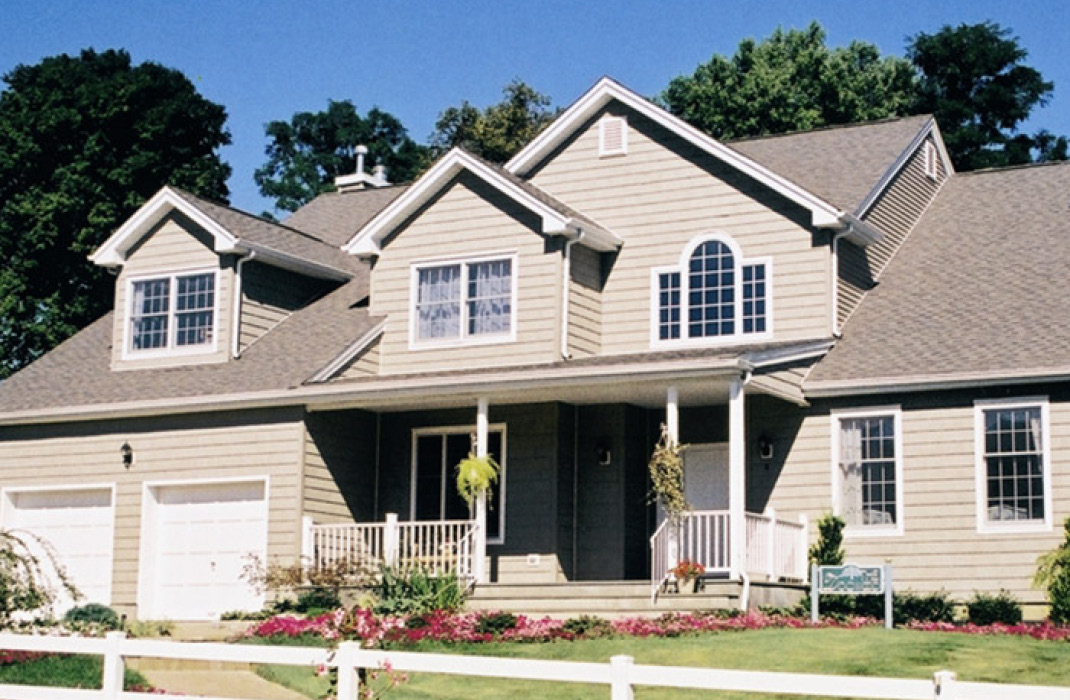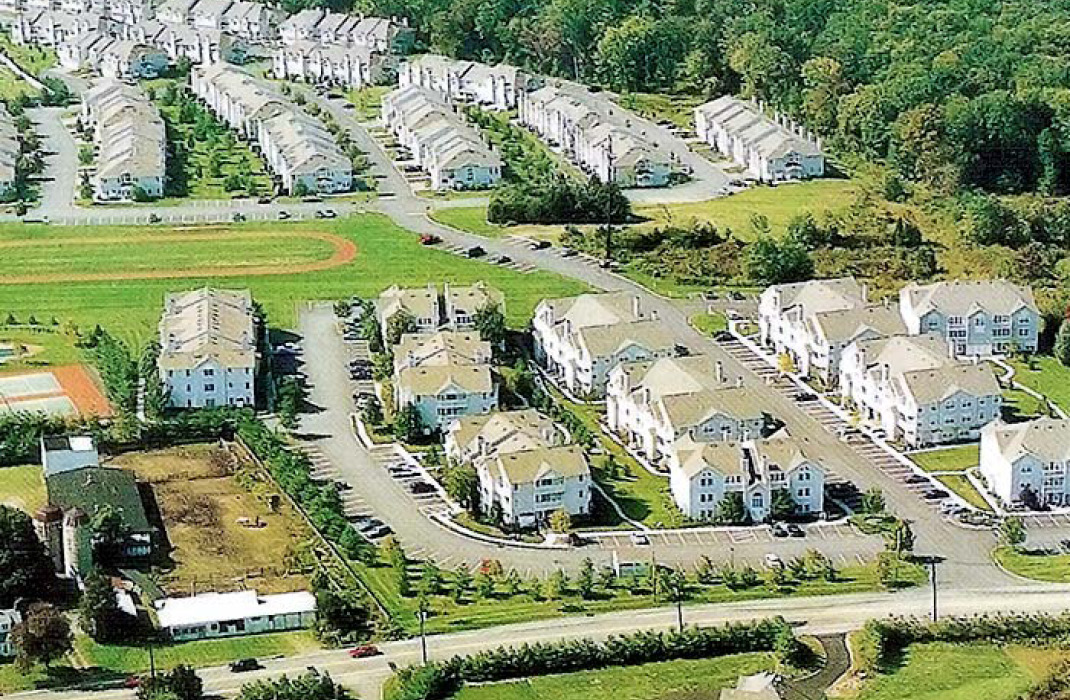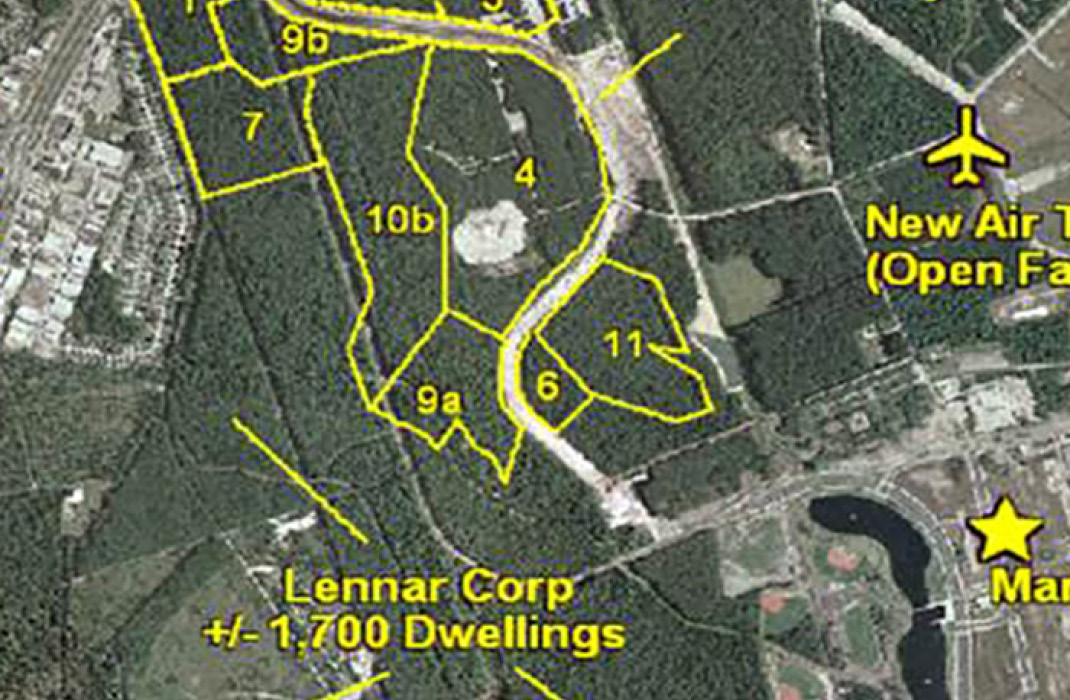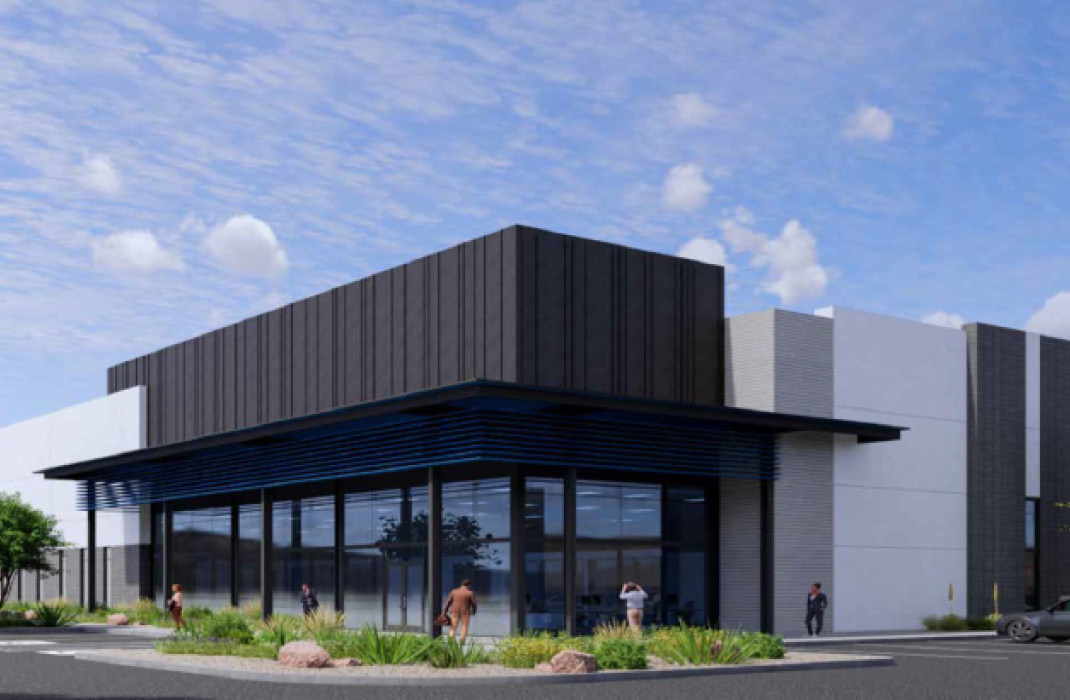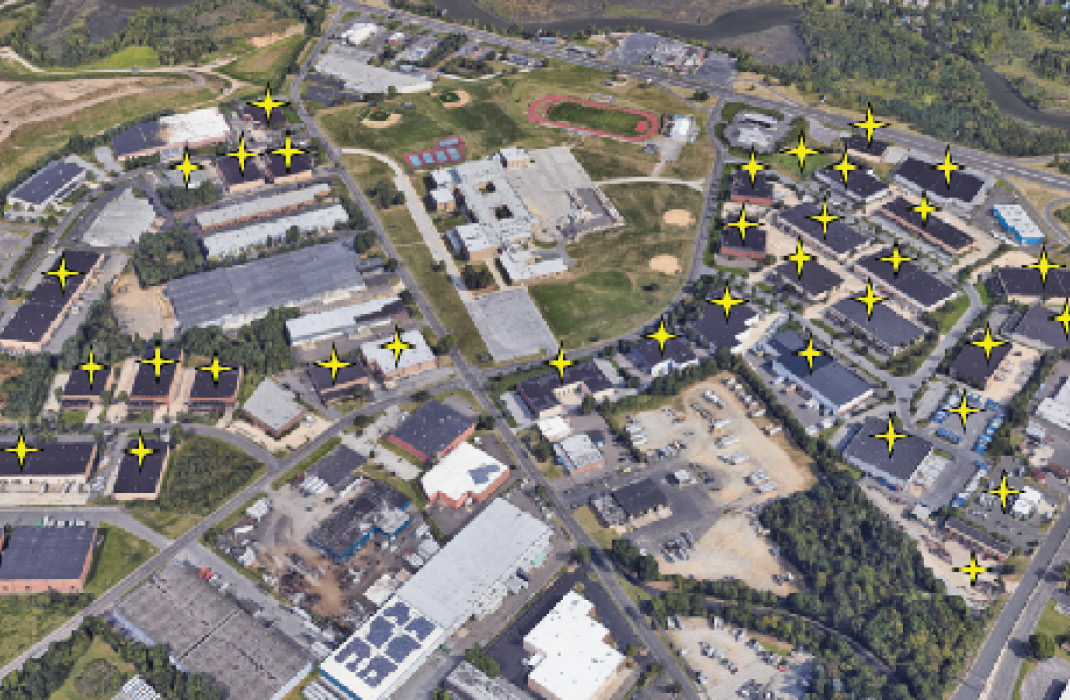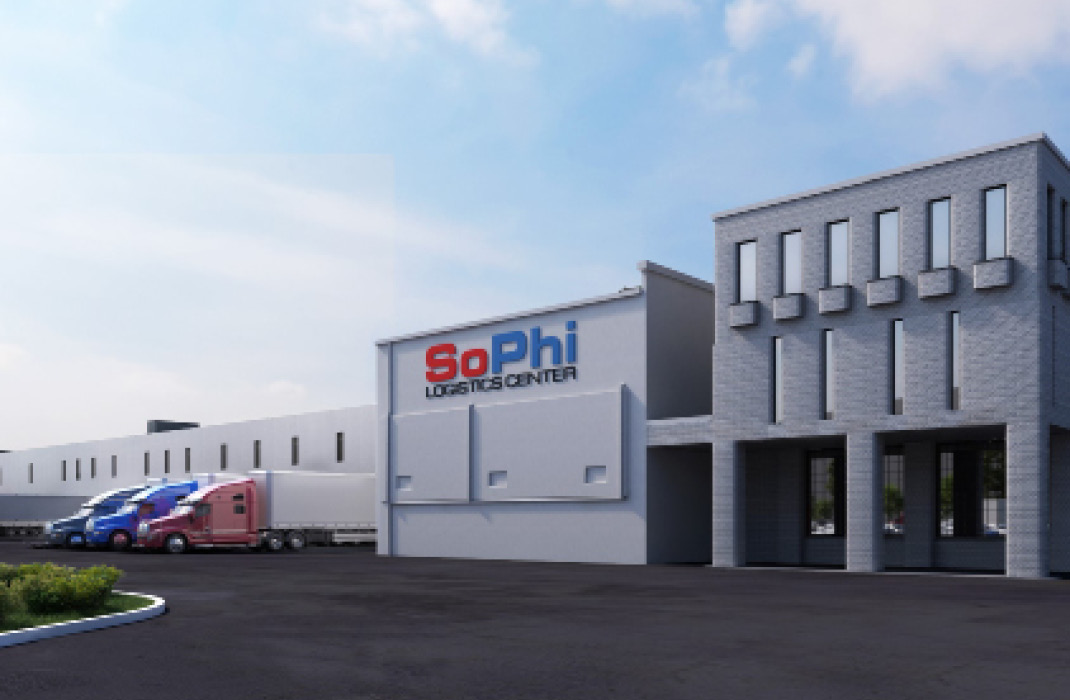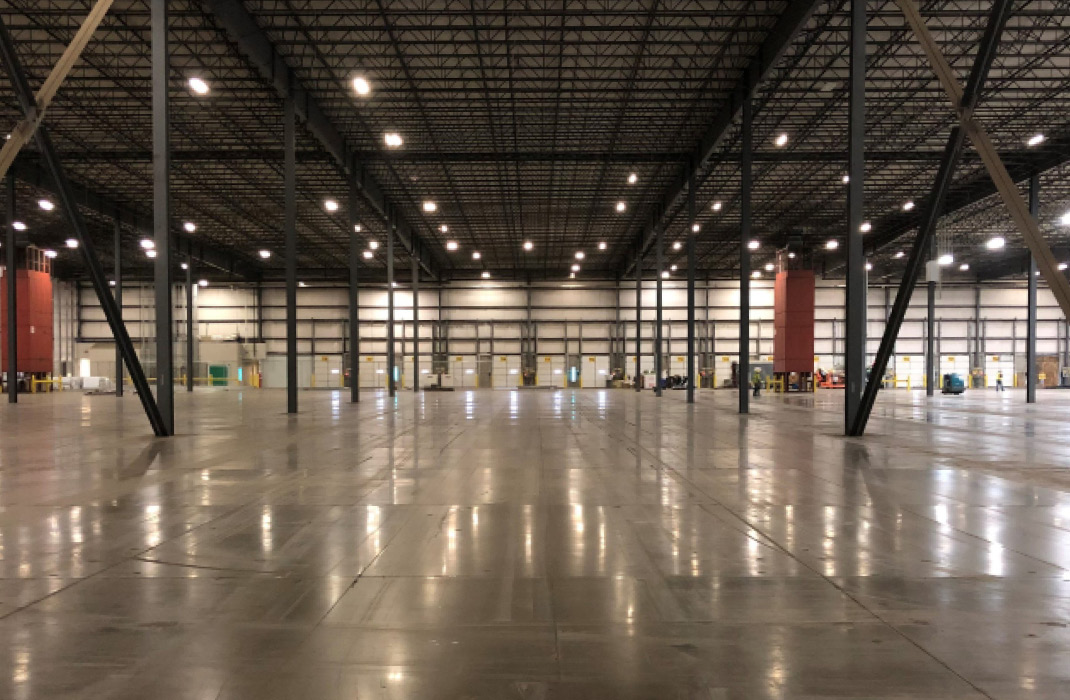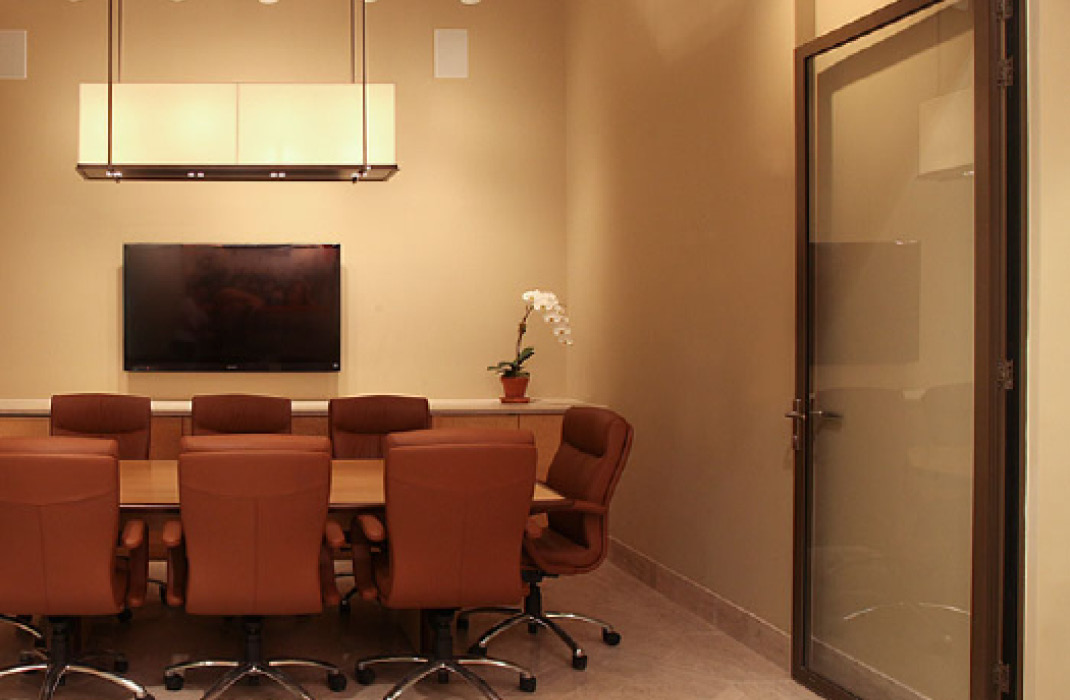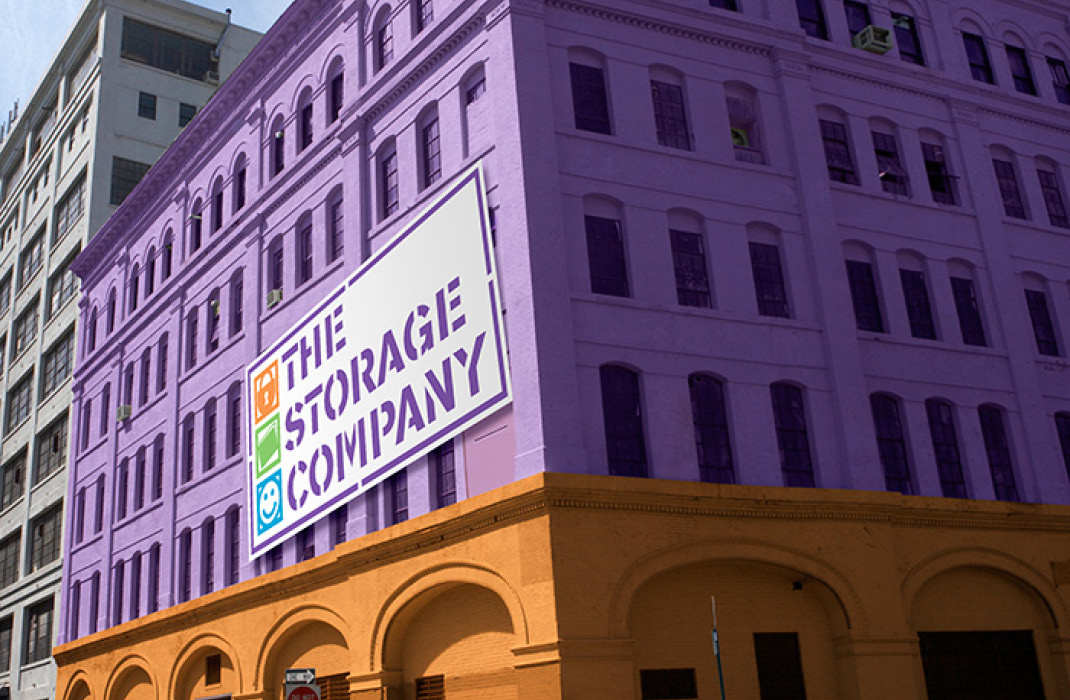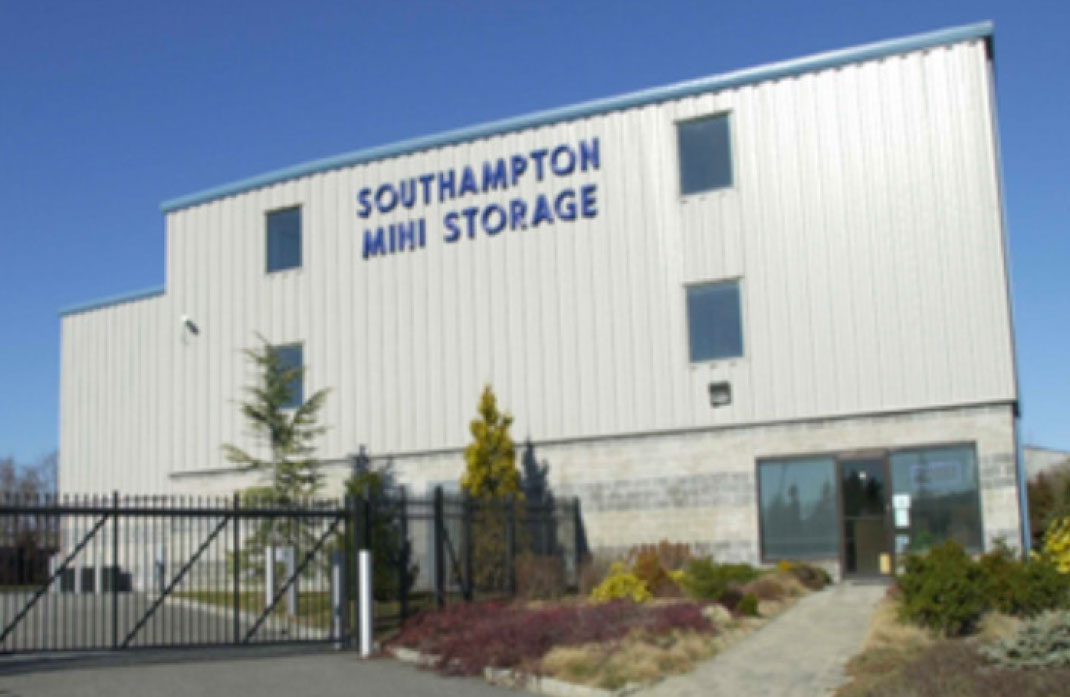Wharton Industrial Signs Lease for Entire 283,000 SF Last-Mile Warehouse in Philadelphia, PA
Philadelphia Business Journal Sep 10, 2019 — An affiliate of Wharton Equity Partners along with Walton Street Capital Partners has acquired 2400 Weccacoe Ave., a 283,500-square-foot property in Philadelphia that was once occupied by Hyundai Rotem, a South Korean company that made train cars for SEPTA.
The sale price was $16.75 million, according to property records. The building on 13.5 acres was vacant at the time the Wharton partnership bought it. The property has been in limbo for some time. Hyundai Rotem had signed a 10-year lease on the space with two five-year extensions in 2007 but ended up wrapping up operations and emptying out of the building last year.
The Wharton affiliate, Wharton Industrial, acquired the property from Rimas Properties, a Philadelphia real estate company that had purchased it in July 2006 for $7.6 million from Everett Novak of Unique Industries, according to Philadelphia property records. Rimas then leased it to Rotem.
Wharton has big plans for the property. It has started a $10 million redevelopment of the building that includes tearing out the rail beds, installing a new roof, leveling interior floors, and upgrading loading docks among other upgrades. The renovations are expected to be completed in early 2020. See video.
The renovations are part of Wharton’s plans to seize on market forces catering to the growth of online retail. The property has access to interstates 95 and 76, Philadelphia International Airport, PhilaPort and the Packer Avenue Marine Terminal. It is also adjacent to Center City.
The new owner plans to rebrand 2400 Weccacoe as SoPhi Logistics Center and will try to attract tenants who want last-mile distribution or even last-step distribution. UPS has for years operated a distribution center adjacent to the property.
“There really hasn’t been something to serve Center City,” said Michael Mullen, who along with Patrick Green of CBRE Inc. arranged the sale to Wharton. Mullen, Green and Jake Terkanian are overseeing leasing the property.
Industrial property is a relatively new focus for Wharton. “Our business model has always been looking around the corners and figuring out what is next,” said Peter C. Lewis, president of Wharton Equity.
In 2012, the New York real estate company began what ended up becoming a $400 million investment in multifamily properties in secondary markets between Boston and Miami where apartment real estate wasn’t as expensive to buy compared with primary gateway markets. “Our belief was that in a healing economy, the one place we know will be successful is multifamily because people need a place to live,” Lewis said. “The cost of debt was the same if you were buying in Greenville or New York City.”
Once Lewis sensed the multifamily sector was getting overbought, the company sold its portfolio and began in 2017 to invest in industrial properties.
“The big feeling is industrial is undergoing a once-in-a-generation change because of the affect of e-commerce,” Lewis said. “Because of Amazon and Amazon Prime, which moved from two-day to one-day delivery, the question became how are goods going to get into cities that quickly?”
That means buying properties next to major populations to take advantage of these companies and distribution, an area the company has been focused on ever since.
“I think in many ways this property is emblematic of what a last-mile distribution facility will be in the future,” Lewis said. “A tired, old warehouse that had another use.”
During the 1990s, Unique Industries, a manufacturer of party supplies, owned the building and used it for its operations. Unique sold it to Rimas and Hyundai Rotem was the last company to occupy 2400 Weccacoe when it was awarded a $274 million SEPTA contract in 2006 to build rail cars for SEPTA and other transit agencies.
The company arrived in Philadelphia with great fanfare, promising jobs and a long tenure in the city. In April 2006, Pennsylvania officials had announced Hyundai Rotem would relocate its U.S. headquarters to Philadelphia from Englewood Cliffs, New Jersey.
At the time, the company received a $5 million loan through the Citizens Job Bank, a public-private partnership created between Pennsylvania and Citizens Bank to help job growth within the state. It also got another $2.2 million from the state in financial incentives to create about 215 jobs. It went downhill from there.
The building had been constructed in the 1960s and 1970s and Rotem spent in excess of $20 million renovating it. Rotem ultimately produced defective rail cars for SEPTA and closed.
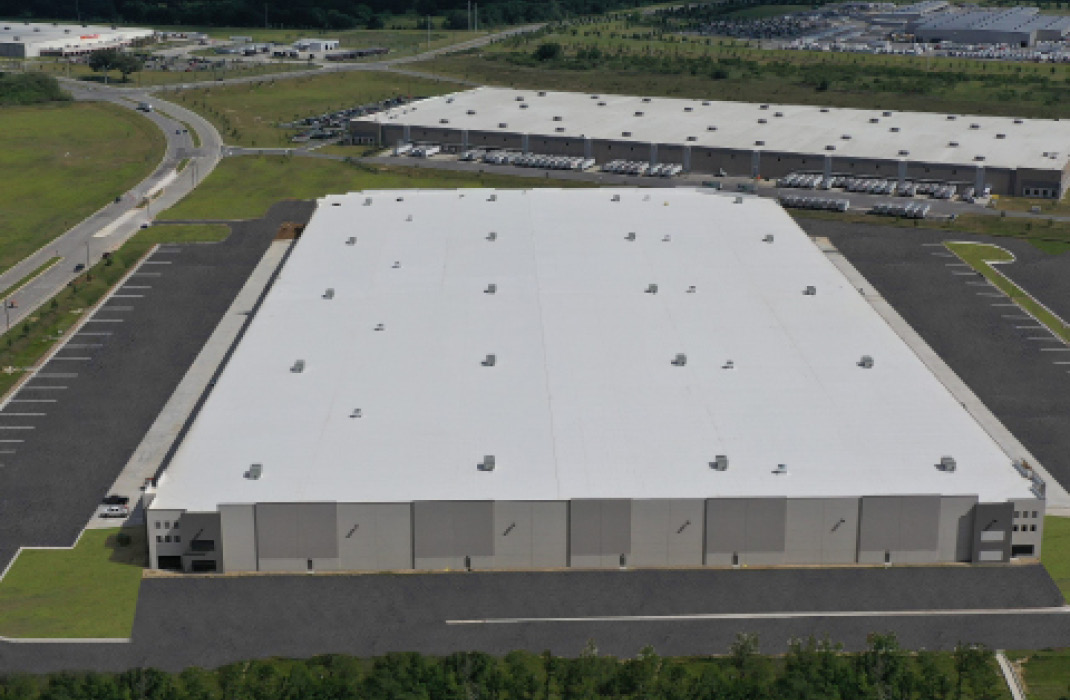
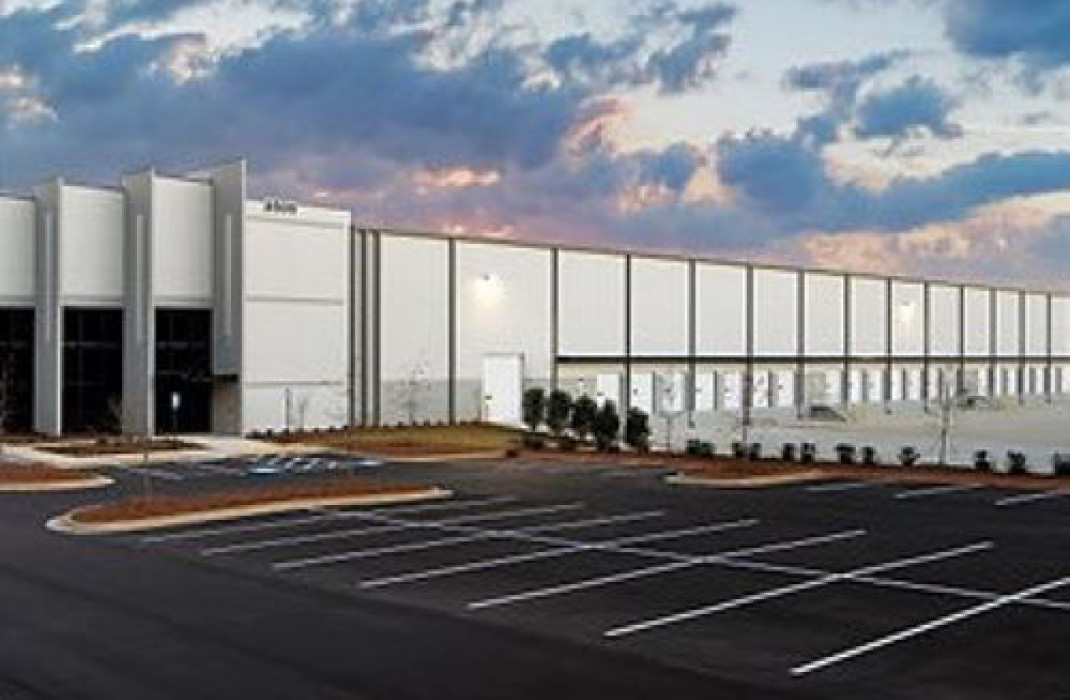
 Adam E. Krupp
Adam E. Krupp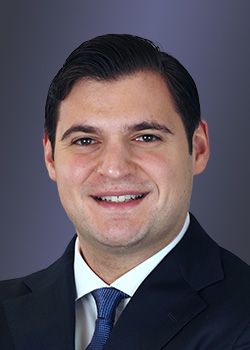 Nicholas Aileo
Nicholas Aileo

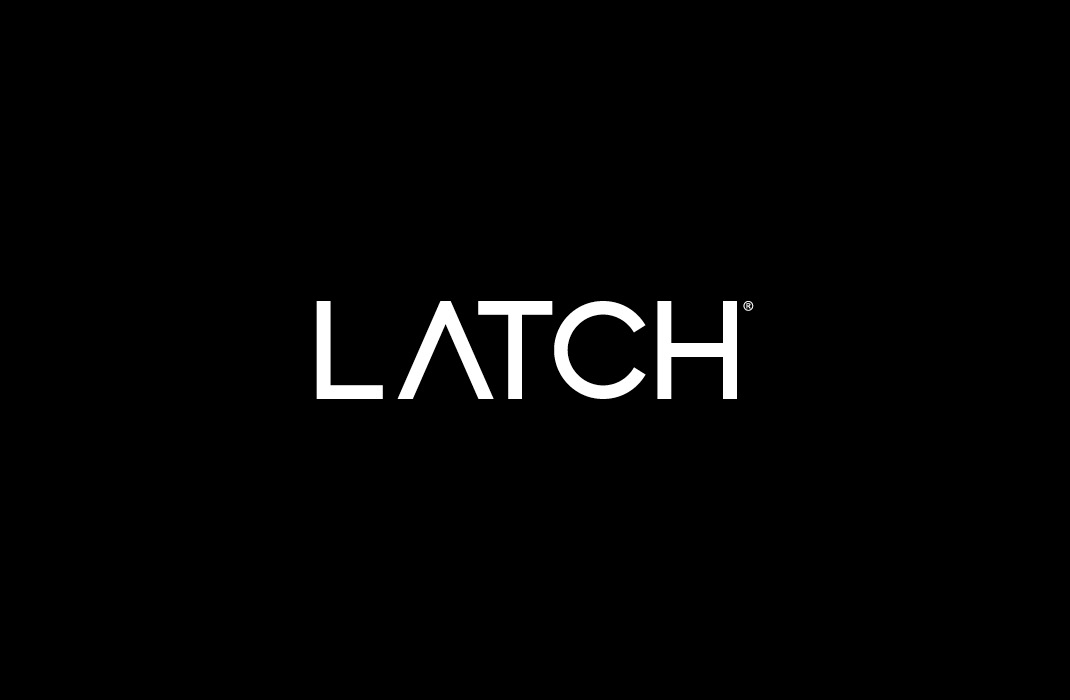
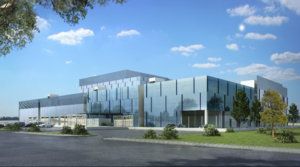


 Gary Korn
Gary Korn Ilaina Sperling
Ilaina Sperling Teddy Lewis
Teddy Lewis Jack Wolff
Jack Wolff David E. Eisenberg
David E. Eisenberg